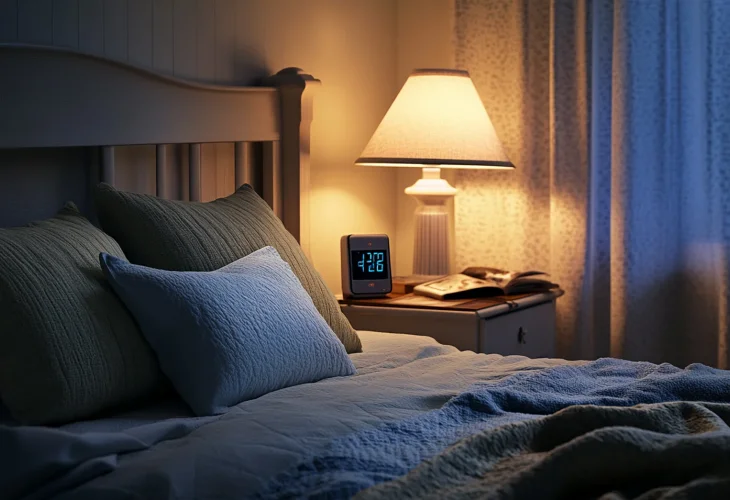Health and Nutrition
Is Poor Sleep Making You Age Faster?
How does insufficient sleep affect us? A lack of proper rest disrupts skin regeneration, increases skin dryness, and accelerates the appearance of aging signs.

Is there a connection between poor sleep and skin aging? According to recent studies, the answer is a resounding yes.
Dr. Anita Madan, a specialist researcher at Unilever, explains that our sleep cycle has a direct impact on the skin’s natural regeneration processes. “During the night, the skin enters an intensive repair mode, where cells regenerate and the day’s accumulated damage is corrected,” she notes.
In fact, the skin operates in two primary modes throughout the day: defense during daylight hours and repair at night. During the day, it battles pollution, UV rays, and environmental stressors; at night, it finally gets a chance to fix the damage and replenish lost moisture.
But what happens when we don’t get enough sleep? Insufficient rest weakens the skin’s renewal abilities, increases dryness, and accelerates visible signs of aging. To make matters worse, late-night screen time and exposure to blue light disrupt the body’s biological clock, making the skin’s repair work even harder — a sort of overtime shift it did not sign up for.
So how can you support your skin’s nightly recovery? Dermatologists recommend simple but effective habits: applying sunscreen during the day to shield against UV damage, and incorporating nourishing ingredients into your nighttime routine — such as vitamin B3, retinoids, and rich moisturizers.
Additionally, reducing screen exposure about an hour before bed and switching to softer, dimmer lighting can help the body transition into rest mode, enhancing the skin’s regenerative processes.
As with most wellness practices, consistency is key. Even small lifestyle changes can dramatically improve the health and appearance of your skin. So the next time you sacrifice sleep for “one more email,” keep in mind that your skin is quietly documenting every missed hour.

